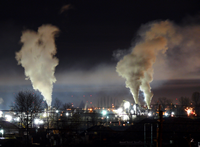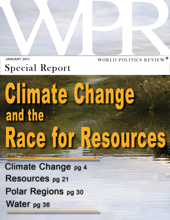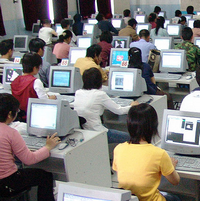
This is Part I in a four-part series. Part I examines the follow-up agreement to the Kyoto Protocol. Part II will examine the REDD+ agreement. Part III will examine financial assistance. And Part IV will examine technology transfers and adaptation. CANCÚN, Mexico — Observers and participants at December’s climate change summit in Cancún, Mexico, routinely identified a follow-up agreement to the Kyoto Protocol as one area where progress was essential. The odds of reaching one were not promising. With just one year left on the Kyoto treaty, and Japan firm in its stance that it will not permit an extension […]



